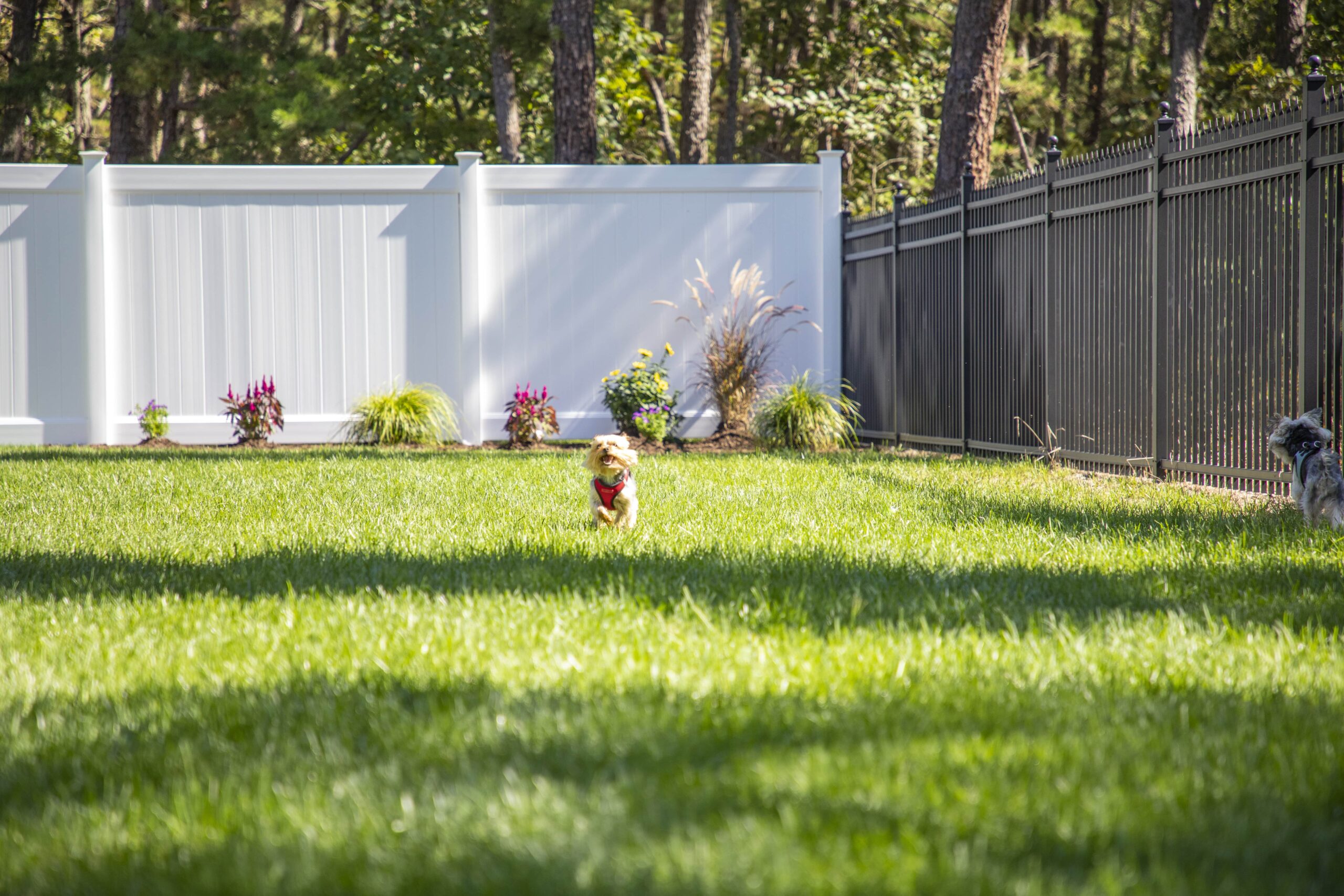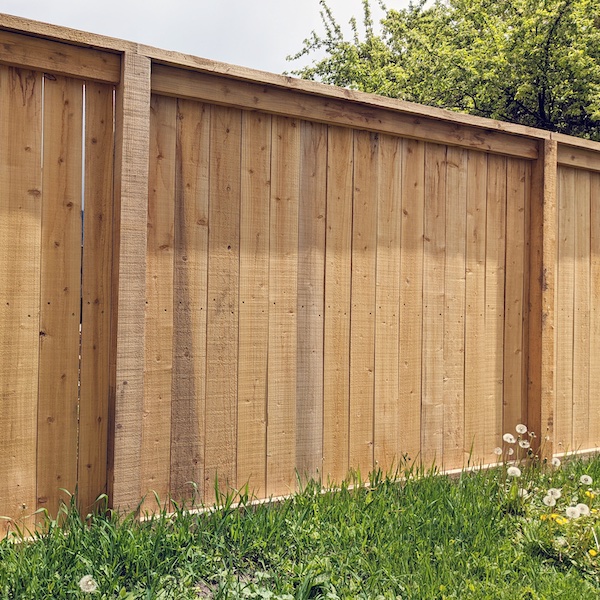All Categories
Featured

When mounting a fence, selecting the best product is key to stabilizing performance, visual appeals, and spending plan. Timber, vinyl, and aluminum are among the most typically selected fencing materials, each with its staminas and drawbacks. This overview checks out the advantages and disadvantages of these alternatives to aid you make an educated choice.

Wood Secure Fencing. Pros:. All-natural Appeal: Timber's classic charm can enhance any type of building with its timeless and cozy appearance. Personalized: You can repaint, discolor, or carve timber to fit your design preferences. Budget-friendly: Wood fencing is at first extra budget-friendly contrasted to a few other products. Environmentally Friendly: As an eco-friendly source, wood is eco-friendly and frequently taken into consideration environment-friendly. Disadvantages:. Maintenance-Intensive: Routine sealing, painting, or staining is needed to prevent damage from weather and pests. Prone to Degeneration: Without correct care, wood can rot, warp, or fracture gradually. Much shorter Lifespan: Generally, wood fences last 10-15 years, relying on the kind of wood and upkeep. Timber is a terrific alternative for those who value visual appeals and agree to buy normal maintenance to preserve its look and durability.
Vinyl Fencing. Pros:. Reduced Maintenance: Plastic calls for marginal treatment-- simply occasional cleansing with soap and water. Weather condition Resistant: It doesn't warp, rot, or catch insect damages, making it highly sturdy in various climates. Durability: Vinyl fencings can last 20-30 years with little to no repair services. Style Range: Available in a large range of appearances, shades, and designs, including wood-like appearances. Disadvantages:. Greater First Expense: Vinyl fencings are extra pricey in advance compared to wood. Susceptability to Cold: In very winter, vinyl can come to be brittle and vulnerable to cracking. Limited Fixing Options: Matching replacement panels can be challenging if damage happens. Plastic fencing is ideal for home owners searching for a durable, low-maintenance service that provides modern adaptability.

Light Weight Aluminum Secure Fencing. Pros:. Rust-Proof: Light weight aluminum resists deterioration, making it a superb selection for damp or moist environments. Durable: Regardless of being light-weight, aluminum is strong and can withstand extreme climate condition. Reduced Upkeep: It calls for marginal upkeep, typically only occasional cleaning. Long Life expectancy: Light weight aluminum fences can last decades without considerable damage. Stylish Style: Frequently utilized for decorative objectives, aluminum fence adds a streamlined, innovative look to residential properties. Cons:. High Preliminary Financial investment: Light weight aluminum fences are among the more expensive choices on the market. Much less Personal privacy: The open designs typical with light weight aluminum fence don't give much privacy. Susceptible to Damages: While resilient, light weight aluminum can damage if hit with sufficient force. Aluminum is a superb selection for house owners focusing on aesthetic appeals and durability without requiring much upkeep.
Making Your Decision. When choosing in between vinyl, light weight aluminum, or wood fence, consider your priorities:
Wood matches those that value a natural look and do not mind placing in upkeep effort. Plastic is the best choice for those looking for a low-maintenance, weather-resistant option. Aluminum provides sleek design and resilient durability but might do not have personal privacy. By very carefully examining these materials' functions, you can select a fence that matches your residential or commercial property while satisfying your useful and aesthetic needs.
Latest Posts
Explore Premier Vehicle Maintenance Care in Chicago – Quality Service Today
Published en
1 min read
Learn How WyHy FCU Maximizes Your Savings on Financing and Accounts
Published en
1 min read
Take Advantage of Limited-Time Auto Repair Offers in Chicago at Montclare Auto Repair
Published en
1 min read
More
Latest Posts
Explore Premier Vehicle Maintenance Care in Chicago – Quality Service Today
Published May 27, 25
1 min read
Learn How WyHy FCU Maximizes Your Savings on Financing and Accounts
Published May 27, 25
1 min read
Take Advantage of Limited-Time Auto Repair Offers in Chicago at Montclare Auto Repair
Published May 24, 25
1 min read